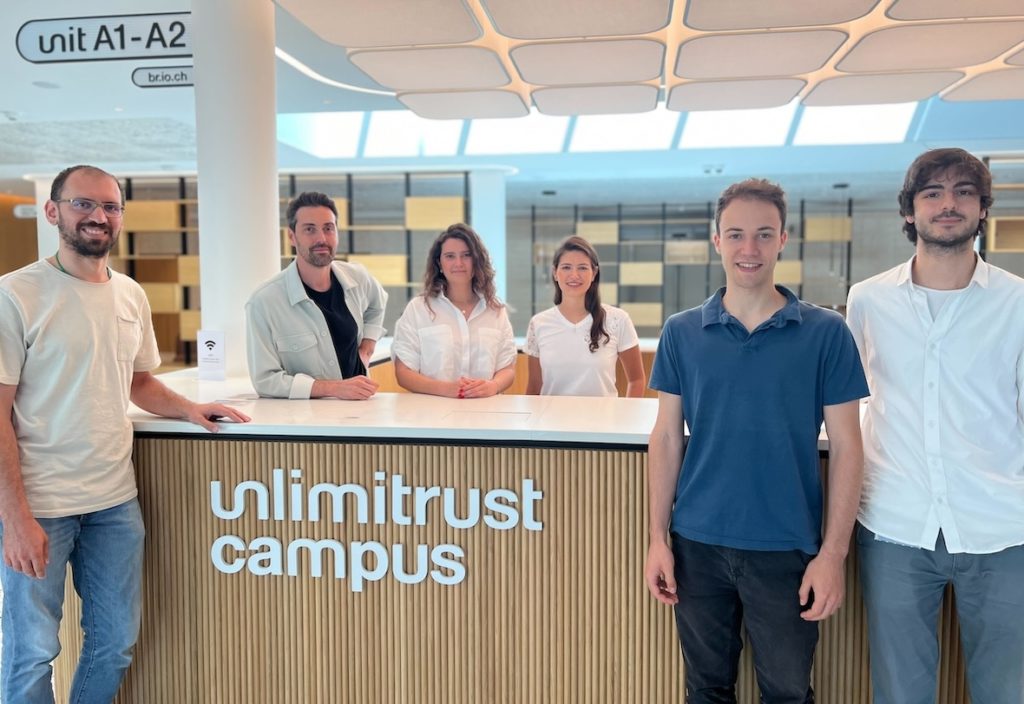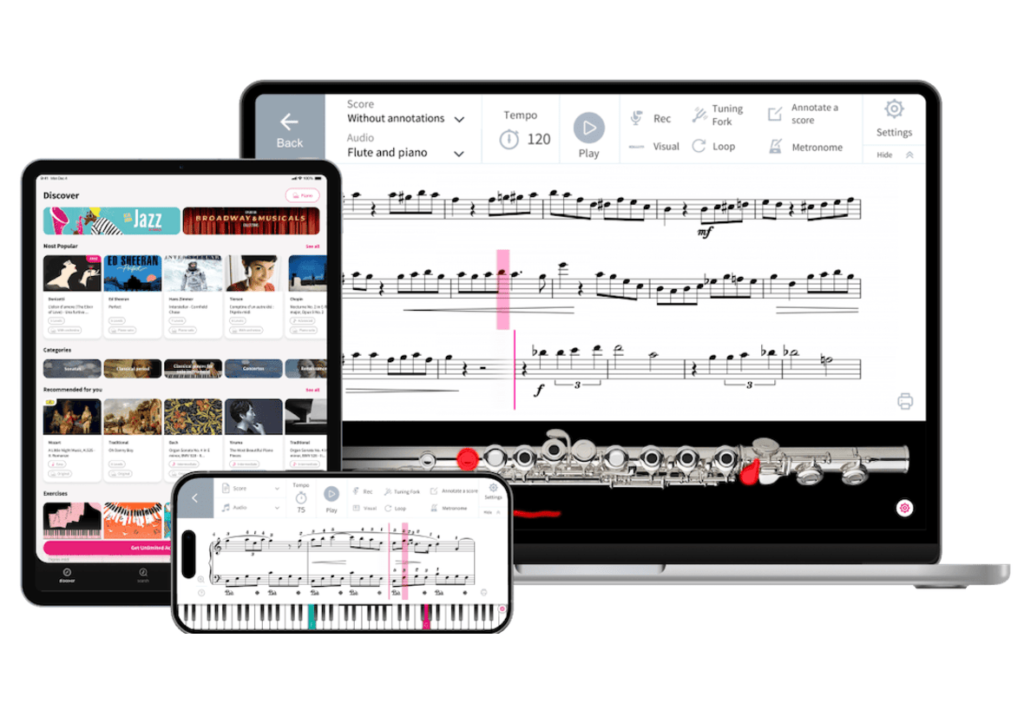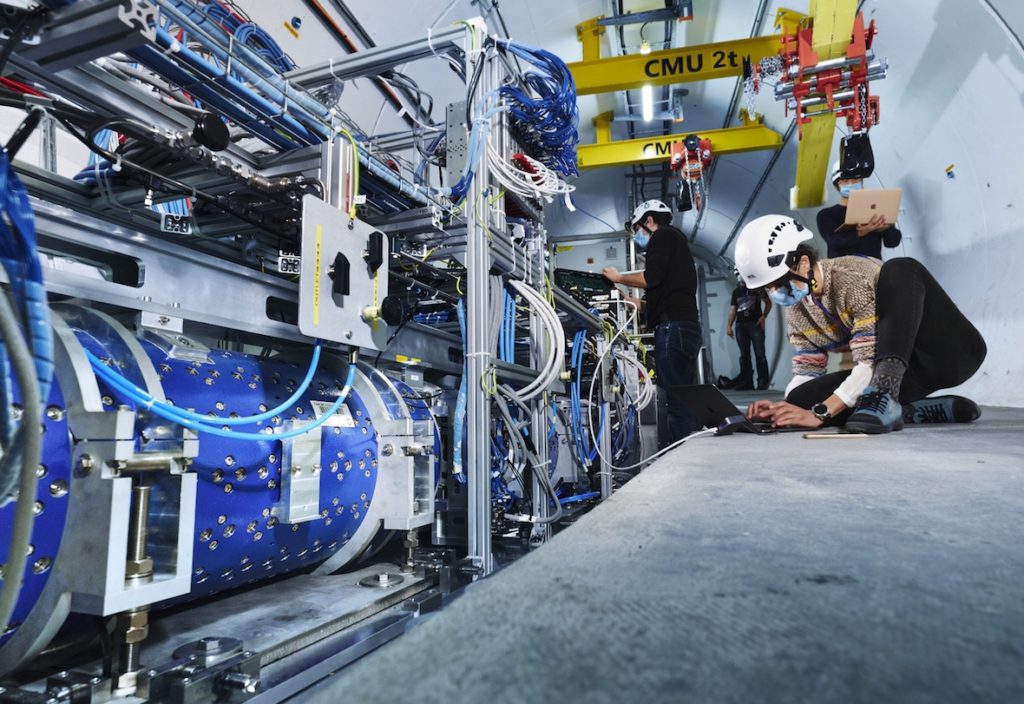
Senbiosys’ innovative Iris smart ring shatters Kickstarter goals
20 March 2023

Senbiosys’ crowdfunding campaign on Kickstarter was very successful, attracting more than 3,400 backers that have already committed more than CHF 600’000.
Senbiosys has experienced remarkable success in its crowdfunding campaign on Kickstarter for the Iris smart ring, a wearable device that offers users a complete picture of their health and wellness. The campaign, which began in mid-February with an initial goal of CHF 100’000, has already attracted over 3,400 backers and surpassed the CHF 600’000 threshold.
The wearable technology market has expanded significantly in recent years, with the global market size for connected devices surpassing USD 200 billion. Wearables have transformed the way people monitor and track their health and fitness. However, there are drawbacks to currently available wearable devices, such as smartwatches and existing smart rings. Research indicates that the finger is an optimal location for monitoring vital signs, as readings from wrist-based wearables can be affected by the wrist’s physiology and cause discomfort during sleep.
Senbiosys aims to address these challenges with the Iris ring, a stylish, lightweight, and reliable wearable. The Iris ring’s core innovation is its state-of-the-art Photoplethysmography (PPG) module, which uses a smaller and more efficient design than other wearable devices. This module features an LED that emits light into the skin and a photodetector that collects the reflected light from the tissue.
The Iris ring is thinner, lighter, and more elegant than existing wearables, making it more comfortable and affordable. Its energy-efficient design requires less power, and it includes 6 photodetectors and 18 LEDs, as opposed to the 2 photodetectors and 4 LEDs found in competitor devices. This difference results in a more reliable smart ring.
The first release of the Iris ring will provide a comprehensive suite of health and wellness tracking features, such as breathing rate monitoring, sleep tracking, blood oxygen levels (SpO2), body temperature measurement, stress analysis, heart rate variability, heart rate monitoring, calorie tracking, distance traveled, and step counting. These features will be accessible through a companion smartphone app, enabling users to monitor their progress and make informed decisions about their health and wellness.
An EPFL spin-off based at Microcity in Neuchâtel, Senbiosys was founded in 2018 and developed the world’s most advanced PPG sensor in the form of a custom IC, which is considerably smaller than other approaches.

